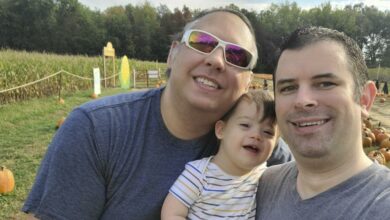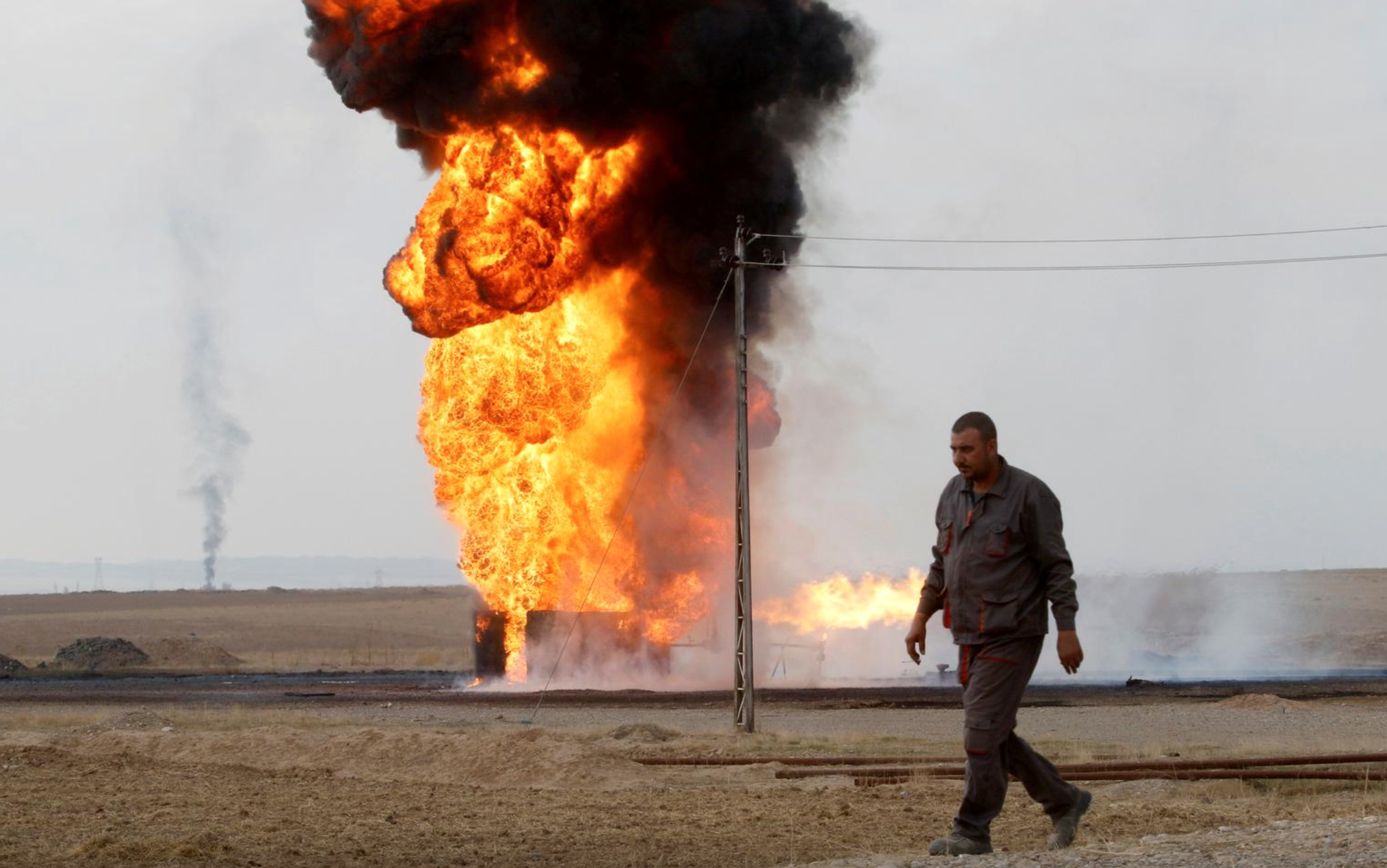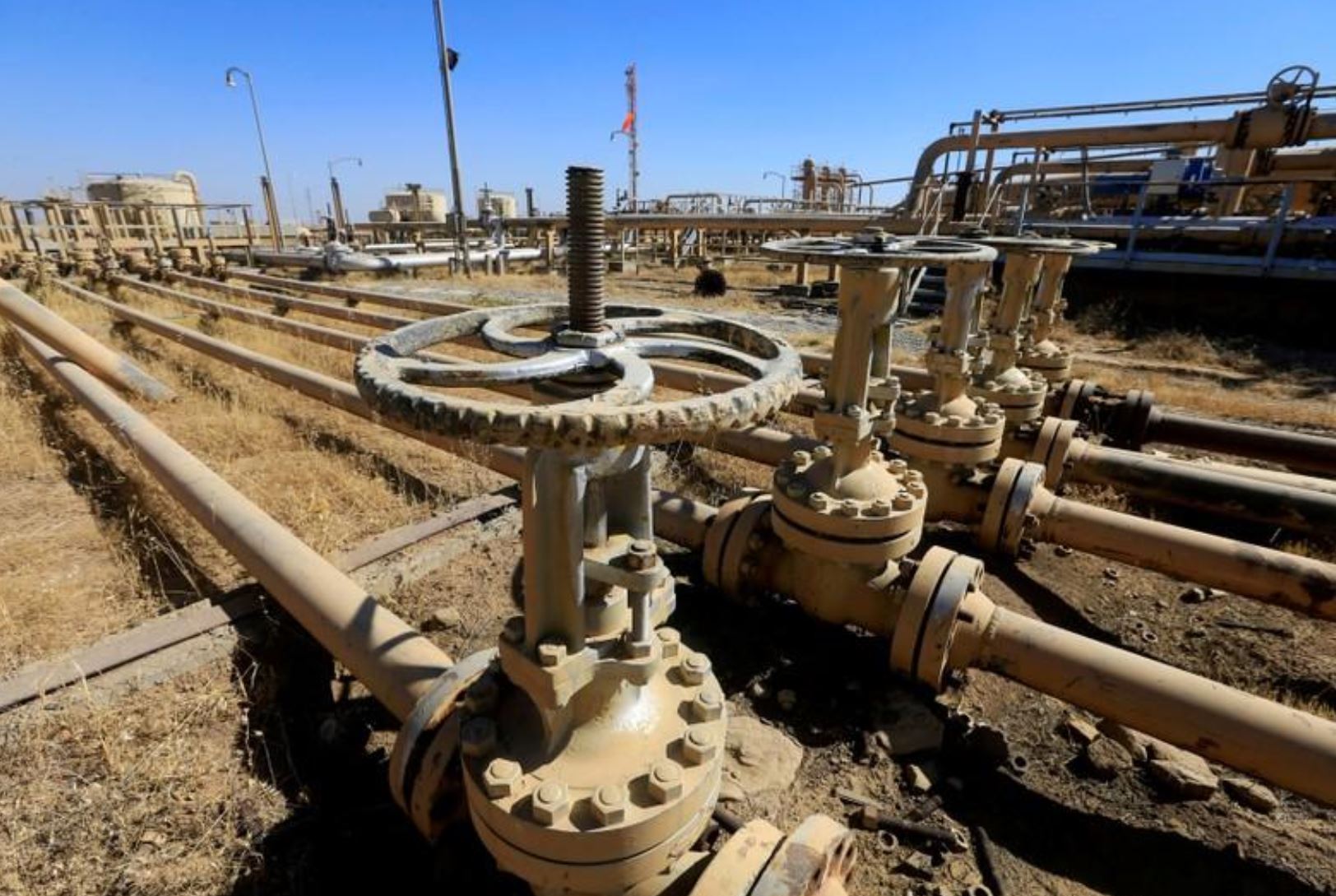Kirkuk–A dispute between Kurds and Arabs over Iraq’s oil producing city of Kirkuk may deepen after a strong election challenge by Iyad Allawi’s Arab nationalist Iraqiya to the Kurdish ruling bloc.
Preliminary results from the March 7 parliamentary election show strong Sunni Arab and Turkmen support has pushed the secularist Iraqiya list led by Shia former Prime Minister Iyad Allawi slightly ahead of the powerful Kurdish alliance.
Kurds claim Kirkuk as their ancestral homeland and want to wrap it into their largely autonomous Kurdistan region in northern Iraq. The idea is rejected by the city’s Arab and Turkmen residents as well as the central government in Baghdad.
The vote in Kirkuk, where Allawi’s secular list was ahead by about 3,000 votes, could weaken the longstanding Kurdish claim and spark new tension as Iraq is trying to shake off years of violence and rebuild its battered economy.
"It is a blow to Kurdish morale," IHS Global Insight Middle East analyst Gala Riani said. "The Kirkuk dispute will inevitably deepen with time and as it becomes more pressing to resolve the issue. Basically, the closer push comes to shove, the more intense we can expect the dispute to become."
Iraq’s Arabs and Kurds are locked in a long-running dispute over land, oil and the constitutional shape of the federation. The row is seen as a chief threat to Iraq’s fragile security and young democracy.
Kirkuk sits atop one of Iraq’s key oil producing fields. The Kirkuk fields contain about 13 percent of Iraq’s proven reserves, which in turn are the world’s third largest.
The feud has destabilized some areas in Iraq, including the violent city of Mosul, the capital of the northern Nineveh province, and allowed al Qaeda insurgents to gain a foothold.
"The results of the parliamentary election will lead to a big change in Kirkuk’s political map due to the emergence of new powers in the scene such as the Arabs and Turkmen," political analyst Abdul-Karim al-Khalifa said.
Kurds flatly reject a compromise with Baghdad on Kirkuk despite the election results and say that Allawi’s list is the one more likely to fracture.
The Kurdish alliance, which includes Iraqi President Jalal Talabani’s Patriotic Union of Kurdistan (PUK) and Kurdish President Masoud Barzani’s Kurdistan Democratic Party (KDP), is ahead across the largely autonomous Kurdistan region.
But the alliance is facing an unprecedented challenge from the Kurdish reform-minded Goran group, which was threatening to split Iraq’s Kurdish establishment.
When it comes to Kirkuk, however, it is more likely that the alliance and Goran will form a united Kurdish front to wrest concessions from Baghdad on the ethnically divided city.
"Whatever the results of the election are, we as Kurds will not give away the Kurdish identity for the city of Kirkuk," Adnan Kirkouki, a candidate with the Kurdish alliance, said.
"The Kurdish alliance will remain united, despite the difference in opinion between the various parties. All of them agree on the Kurdish identity of the city."
Allawi and Prime Minister Nuri al-Maliki are in a neck-and-neck election race nationwide with no one expected to get an outright majority, meaning that both will be forced to seek political alliances to form a government.
"To some extent this should set the stage for the coalition negotiations," said analyst Reidar Visser of www.historiae.org. "With such a good result for Allawi in Kirkuk it makes no sense for him to give too many concessions to the Kurds and the Supreme Islamic Iraqi Council (ISCI), the most pro-Kurdish Shia party."
Kurds, who see themselves as kingmakers in forming a new government, are asking for written assurances from potential coalition partners on revenue sharing and disputed territories, Kurdish sources say.
The future of Mosul, which lies close to territory disputed by the Arab majority and minority ethnic Kurds, is another thorny issue in the relationship between Baghdad and Kurdistan.
Allawi, who won over minority Sunni Arabs with his non-sectarian message, led in five provinces, including Kirkuk and Nineveh, sweeping western and northern areas that are home to large numbers of Sunnis. Maliki led in seven provinces in central and southern Iraq, six of them mainly Shia.
A win by Allawi is likely to intensify Kurdish demands for the control of Kirkuk even more and could aggravate territorial disputes in Nineveh, said Wayne White, a scholar at the Middle East Institute.
Kurds made substantial inroads in Nineveh in a 2005 election after Sunnis largely stayed away from the poll. But friction worsened after voting last year put control of the provincial council in the hands of Arab nationalists.
The KRG is also at loggerheads with Baghdad over the legality of contracts the KRG signed independently with foreign oil firms, a dispute that resulted in the halting of oil exports from Kurdistan last year.
"During the bitter maneuvering over who will become the next prime minister, Maliki — or another competitor — might reach out to the Kurds in an effort to form a kingmaking coalition," White said. "Should that happen, Baghdad’s position on Kurdish territorial claims could shift somewhat."




